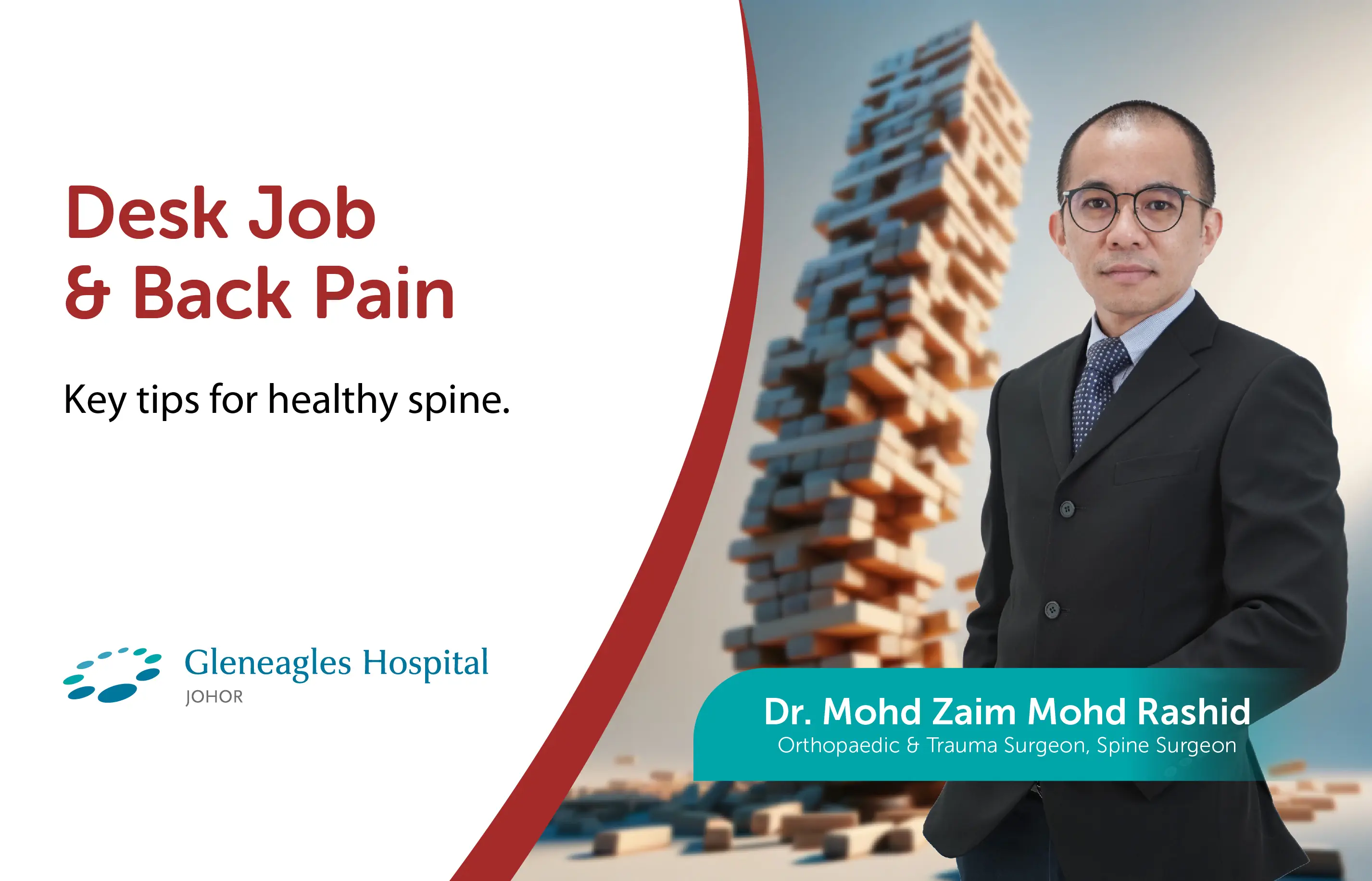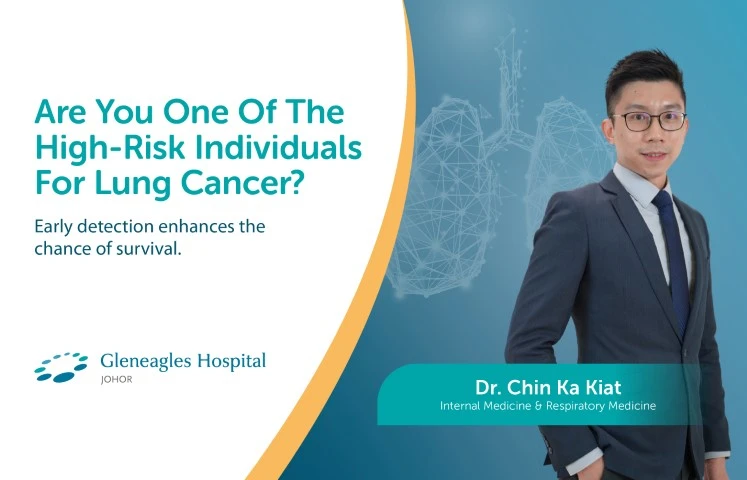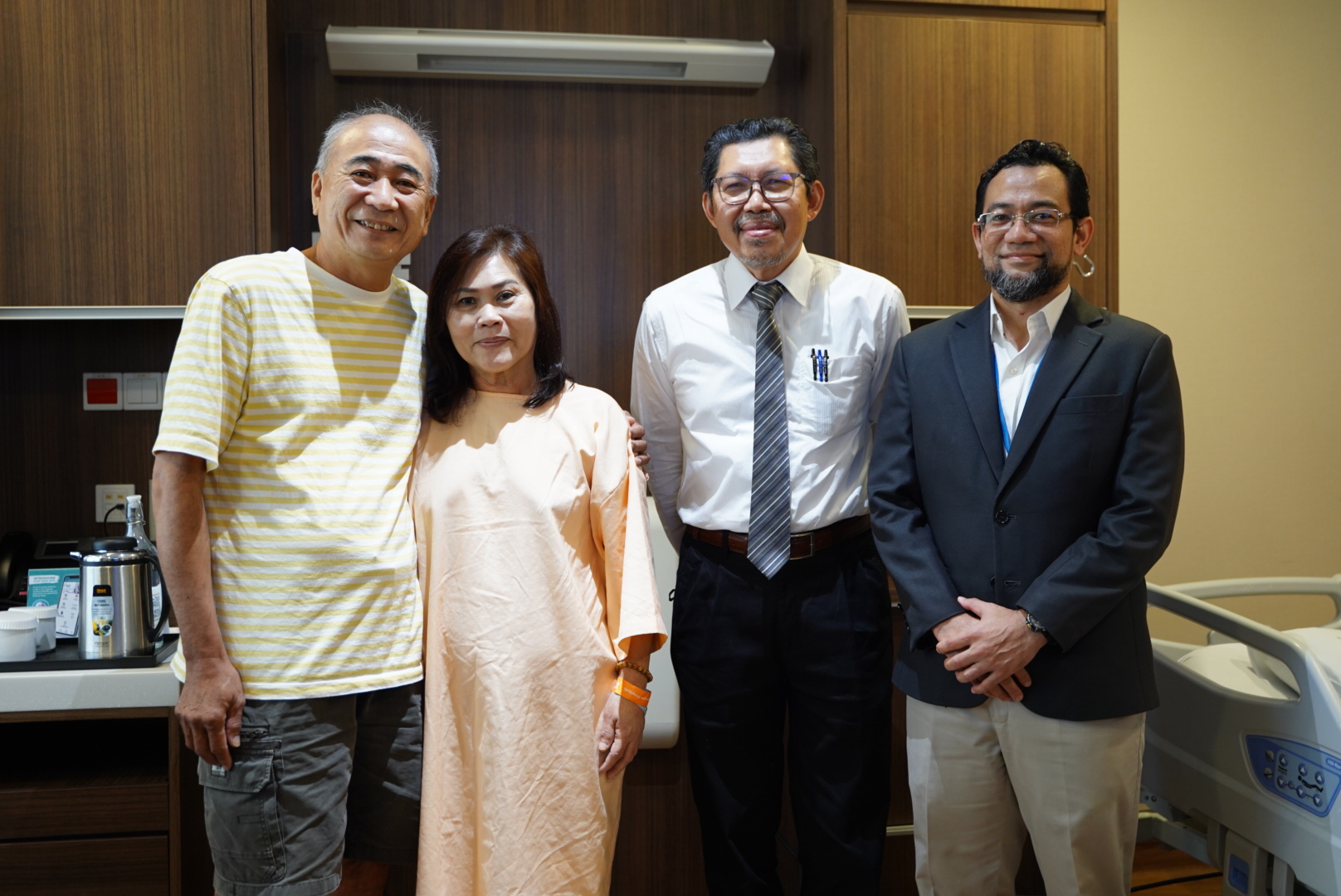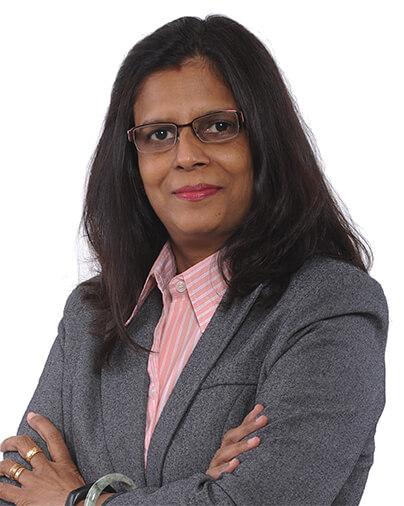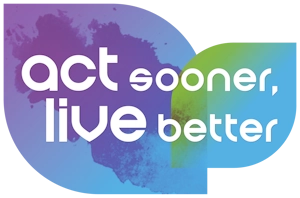Prepared by: Ms. R.R. Manjari
Consultant Clinical Psychologist
Gleneagles Medini Johor
What is social media validation?
It's normal for us to want to be liked by others and it's good to have a community of friends. However, social media has changed how we interact and build friendships.
Friendships and popularity are now measured in hearts, likes, comments, views, shares and follows. Social feedback such as these are used to measure the success of one's post and ultimately, one's life. The more followers you have, the more popular you
are. The more likes your post gets, the more 'in' you are.
Thus, we aim to post content that people will like. In fact, we post our pictures and wait for others to respond. Sometimes we obsessively check our posts to see if others have liked or commented. As we do this, we start to allow social media to become
a form of validation. The more likes you get, the better you feel.
However, it must be remembered that more often than not, social media posts are curated to show the best. For example, a smiling picture of one at the beach seemingly on an expensive vacation is posted while in reality, it was a quick snapshot and there
was no actual holiday. As such, affirmation and validation from social media can have numerous negative effects on our mental health.
The following are some commonly asked questions about social media validation as well as practical steps to take to overcome it.
- In this day and age, feelings like jealousy, schadenfreude, fear of
missing out (FOMO, as the millennials put it) is all too prevalent due to
how much time is being spent on social media. How can one consciously stop
these feelings from taking over their lives? Is it possible to do so?
Yes, it is very true that these feelings are prevalent and dangerous in our lives. First of all, people should accept the fact that they have such feelings. This is the first step towards overcoming denial and to start working on the problem.
They should keep their expectations, individual goals, purpose of life, and responsibilities in check. Once these are realised it would be easy to move on.
- Even when it comes to travelling, more time is spent trying to get the
perfect shot for the most number of likes instead of truly enjoying the
moment – is there a term for this behaviour? From a psychological
point of view, why do you think certain individuals are too obsessed with
the validation they receive online?
Yes, it is indeed validation, which can come in many ways. For some, it is important for them to be validated by certain individuals or a group. This can be received especially via social media, in which the number of likes or comments matter
a great deal.
The use of social media can be perceived to be a way of keeping in touch with their loved one, which can be done privately, or shared publicly, which falls under a different motive. The latter can have a negative impact on individuals with low
self-esteem and self-confidence. People with high self-confidence are less negatively affected by social media than those whose self-confidence is lacking. By constantly comparing themselves to apparently perfect “lives” online,
social media users whose self-confidence is lacking can become more anxious or depressed over what others seem to have and they don't. That nagging feeling of not being able to measure up will only lead to less self-confidence and an erosion
of self-worth. Each log-in can chip away just a bit more of any good feeling a person might have had.
If you find you are impacted negatively by social media – “Why isn't MY life like that?” – it might be time to re-evaluate what it means to you and how you want to utilise it. It's not necessary to opt out entirely but
to take control of managing it. If you aren't bothered by others' perfect pictures, good for you! Just remember, like magazine pictures, it's only a snapshot of someone's life.
- When it comes to expressing oneself – people are more likely to
write a long caption for Mother's Day/any other celebration (even if the
said person isn't on social media) rather than say these things directly
to the person – is this yet another form of seeking validation? How
can one analyse what is the reason they seem to be seeking validation
for?
Yes, this again is a form of seeking validation. The aforementioned self-confidence and self-esteem of an individual are vital towards the proper growth of an individual. To achieve it, one needs to focus on self-respect. Self-doubt and self-criticism
serve only to discourage and demotivate.
There are other factors that can be inwardly reflected on, such as peer influence, peer expectations, trends, role modelling, and the loss of self-identity.
- Are feelings like jealousy and schadenfreude something ingrained in
individuals – meaning it is something tough to overcome/reprogramme
train of thought? Or are these feelings learned with time when it's not
rectified in its tracks?
Such feelings are ingrained in some, not all. They can be a form of learned behaviour stemming from repeated failures, disappointments, or high expectations.
It falls on the individual whether they realise they have these feelings and if they want to do something about it. This depends on his or her personality and coping mechanism and can be affected by any past experiences or childhood trauma that
is stored subconsciously. If the individual is cognisant of one's personality, worldview, role, wants, and needs, he or she would be able to get over it.
- What are some negative side effects of social media?
Social media definitely has its plus points. It helps us stay connected and allows us to communicate with friends and family around the world, you can promote and raise awareness for worthwhile causes and can be a valuable source of information
(although we need to be aware of misinformation).
However, social media has its downsides as well, and these negative effects can be exacerbated by the need for social media validation. Here are some of negative aspects to be aware of:
- Images and posts on social media can cause feelings of inadequacy about one's life and appearance.
- It can cause a fear of missing out (FOMO). We tend to think that others are having more fun and we're missing out on certain things.
- It can cause feelings of loneliness and isolation.
- It can trigger mood disorders such as depression and anxiety.
- Users may be subjected to cyberbullying.
- It can promote unhealthy self-absorption and disconnect one from real life interactions.
Thus, it's important to set boundaries and use social media with care, especially if you're already prone to the above-mentioned aspects.
- How to stop seeking validation from social media?
Because comparison, FOMO, and unrealistic expectations can all cause feelings of worthlessness, loneliness and even depression, it's best to limit the time we scroll through our social media accounts. However, it's much easier said than done.
So here are some practical tips that can help you to stop seeking validation from social media:
- Set boundaries and be mindful of what you share or partake on social media. Balance is key.
- Don't start your day with social media.
- Affirm yourself instead of waiting for validation from social media
- Connect, spend time, and build relationships with real people in your life.
- Have a digital detox. Take breaks from social media and avoid using your phone or computer for a few hours every day.
- Be mindful of how long you've been scrolling through social media feeds.
- Remember that you are enough, even without posting on social media.
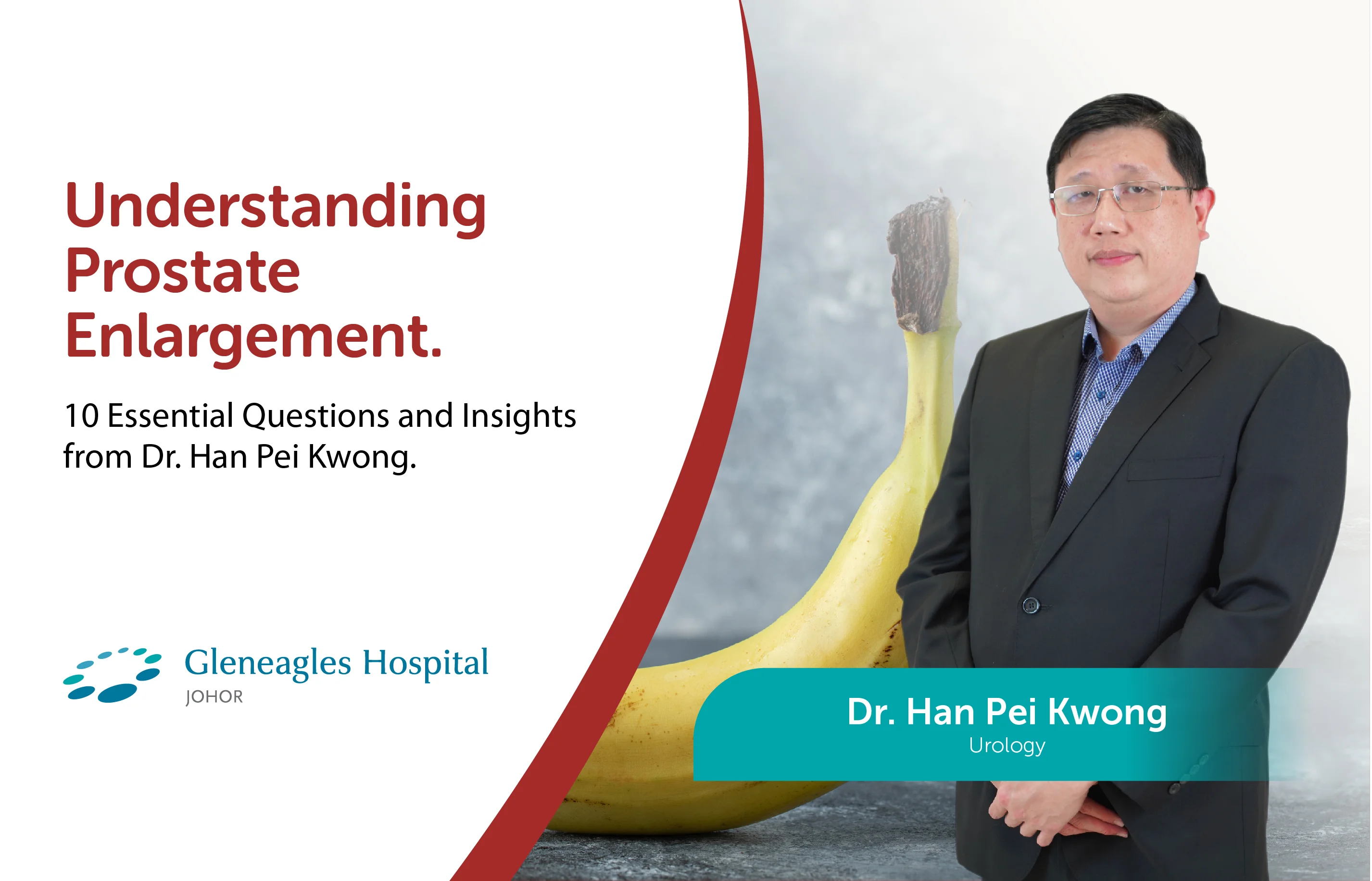
.webp?sfvrsn=cac9ca10_7)
